Words by Amon Warmann
After an almost two-year absence from screens, Phase 4 of the Marvel Cinematic Universe finally began in earnest with WandaVision in mid-January. The Disney+ mini-series concluded its first season early this year, and while it gave us the super-powered heroics we’ve come to expect from the MCU, it boldly explored some quirky and weird avenues with effective results.
Part of that success is down to Christophe Beck. An MCU veteran – he wrote the scores for both Ant-Man and Ant-Man and the Wasp – the composer relished the opportunity to score the music for the universe’s first foray into TV. When we caught up with him in the basement studio of his house in the Pacific Palisades, we talked about what it was like to score for different eras of TV, working with showrunner Matt Shakman and Marvel President Kevin Feige, and being part of the Marvel family.
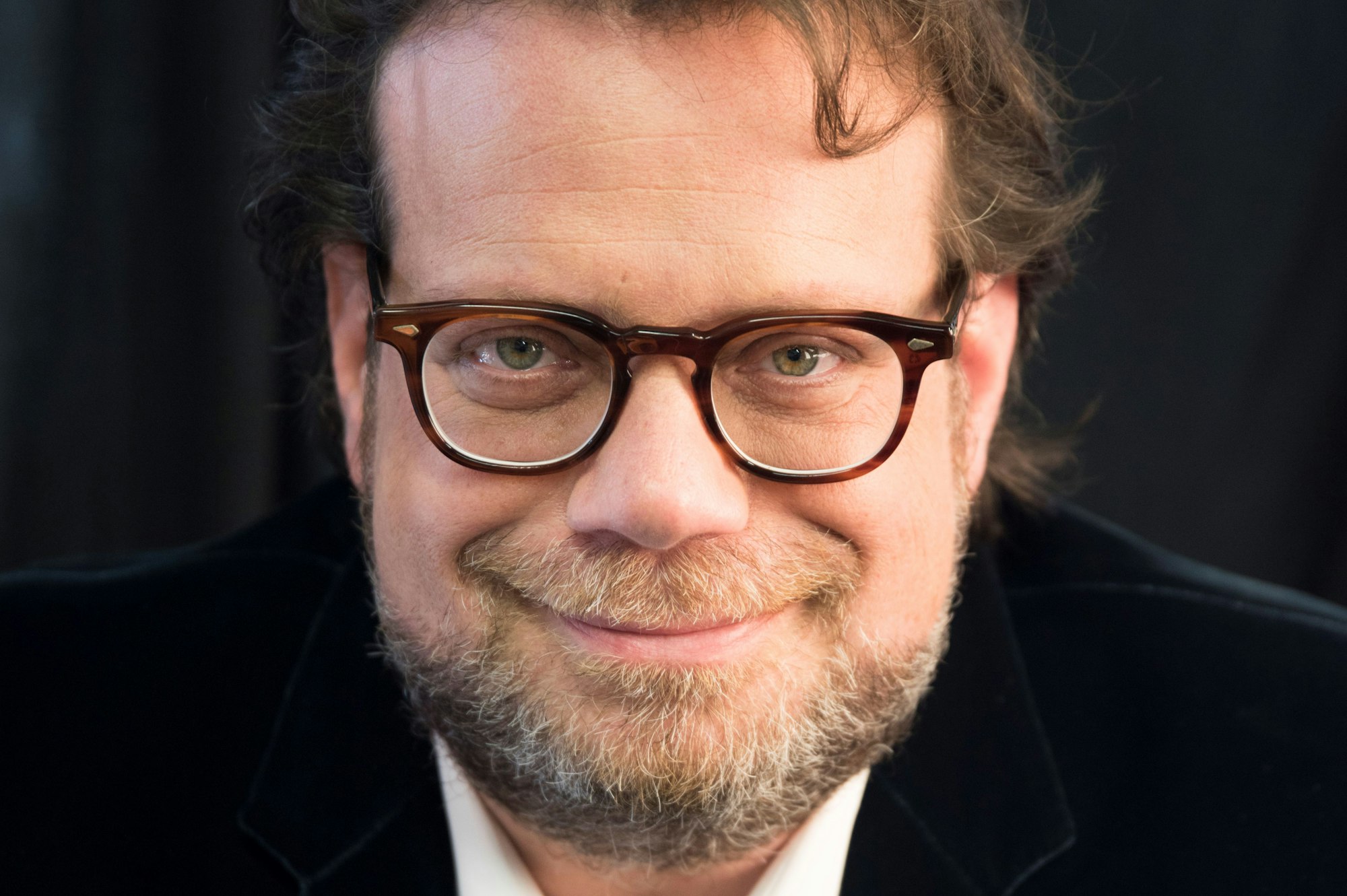
What was the first instrument you learned to play and at what point did you feel your composing career really started to kick-off?
When I was three years old, my parents had an old electric air organ. This is something you plug in and turn on, and then it circulates air through a plastic set of pipes and reeds. I still don't have the actual instrument that I played when I was young, but I have a version of it that I picked up from a friend of mine who was selling it. It almost sounds a little bit like an Electric Melodica, which is one of those instruments that you blow into that has a little mini keyboard on it. It's almost like a harmonic type of sound.
As for my career, that would be when I got my first TV series. I was fresh out of school and I was working for Mike Post, the legendary TV composer. I had finished a year working for him in his studio as an arranger. He called me his synth-a-strator. This was right at the beginning of the home studio revolution when people were just starting to make the transition from recording everything live to doing more things in the box. I was part of that transition for him. At the time, I was also looking for gigs on my own and it took a while but I ended up getting offered a TV show called F/X: The Series. I went to him, and I'll never forget that he was so generous to just say, “hey, go be a rock star. Don't worry about what we decided we were going to do. You should go have your own career”. He was totally supportive and generous with that. That show lasted a couple of seasons and really launched my career.
Do we go full contemporary with the orchestra and with a modern sound to the scoring, or do we stay in the '60s or ’70s? I tried it in many different ways.
WandaVision takes inspiration from many different eras of TV. What was the most surprising thing you found out when you were researching old shows for this project?
The most surprising thing is the way those shows were spotted. Spotting is the process of deciding how much music to put in a show or a film and where. In those early sitcoms, it was really not very much music. Matt Shakman and I have a lot of conversations about being as authentic as possible to the period. In my mind that included spotting, so I pitched to him that we should spot it the way we would if we were working on the show in the ’50s. He was pretty into that idea, so that’s how we spotted it initially, with very little music.
They didn't do a lot of underscore In those days, it was a little bit of music when we come out from a commercial and then something to play us off, and that's pretty much it. When we did it that way and we watched the whole show, it just felt like it needed more music. Kevin Feige [Marvel Studios President] saw it, and he was quite taken with the period music that was in there. He just wanted to hear more of it. So we kind of diverged from the way that those shows did it to be a little bit more in line with what modern audiences expect because films and TV shows these days have way more music than they did back in those days. Conversely, when we got to be Malcolm in the Middle episode, we're talking about the late 90s, early 2000s. When you go back and look at those shows, they're basically wall-to-wall music. It's rhythmic and contemporary and it turns on a dime. It's a little bit schizophrenic. That was a little surprising.
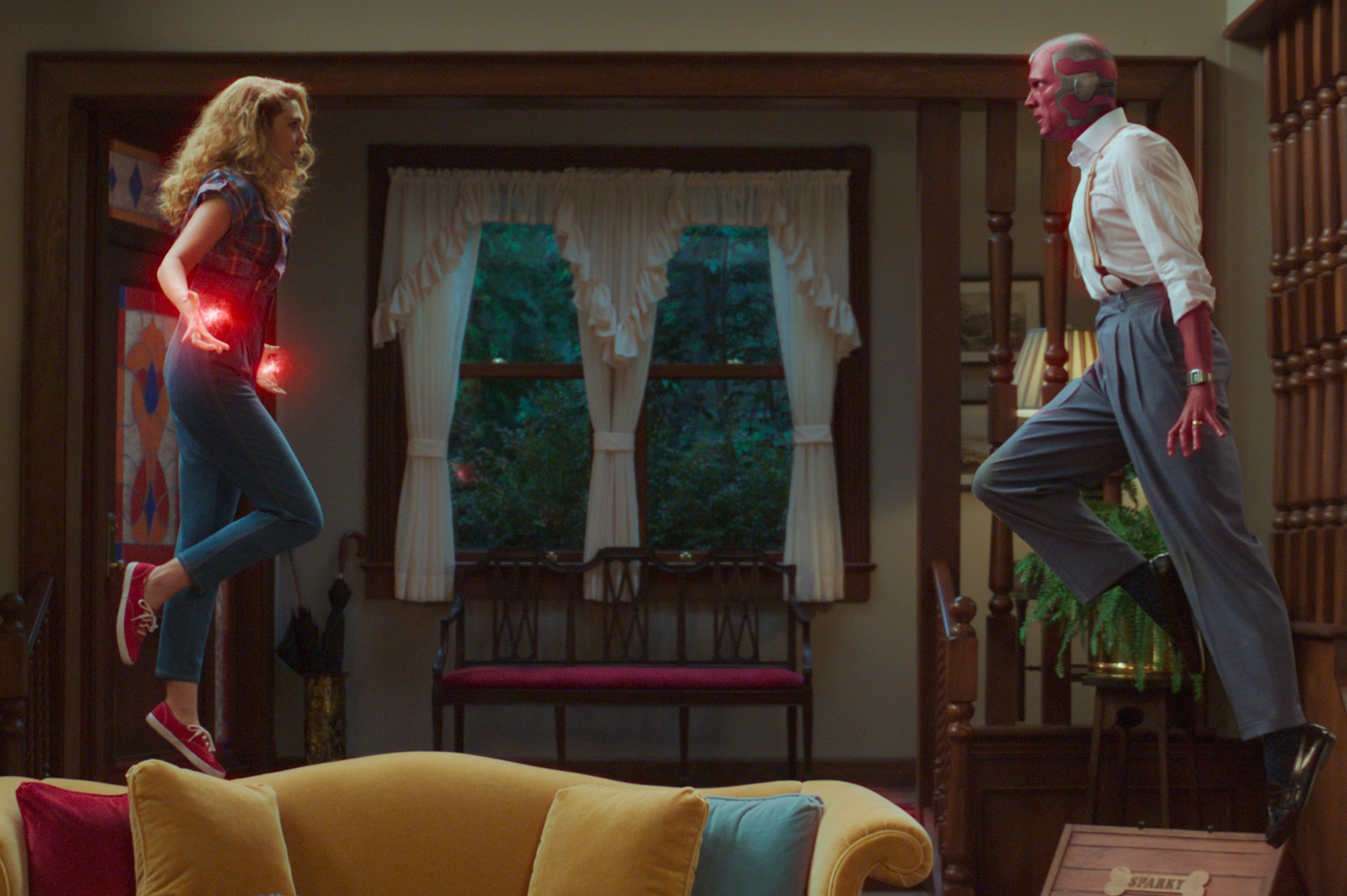
This is a very mysterious show with a slow build. As the composer for this project, do you prefer to have the full picture before you begin working on it?
At the end of the first episode, we see Wanda and Vision talk about the fact that they don't have rings. Wanda conjures up a couple of rings, and they have a very sweet, romantic moment right at the end of the episode. If I were just being plugged into the show right at the end of the process, I don't know that I would think to start planting the seeds of a theme in that first episode that would culminate in a big way in episode nine.
We know from the Avengers movies that Wanda and Vision have this very intense relationship. He's the love of her life. But if I had never seen any of the Marvel movies and I didn't know where the show was going, then you wouldn't have that satisfaction as an audience member watching this show, of being able to have that theme start to be planted in your brain and in your inner ear. So that by the time we get to episodes 7, 8, and 9, and that theme starts to take centre stage, it has a familiarity to it and adds much more resonance than it would have otherwise.
Is there any particular scene that was an interesting challenge to score?
At the end of the third episode is the first extended sequence where you really get the sense that something isn't right. We're intercutting back and forth between Vision having a kind of strange and surreal conversation with his neighbours out in the yard and Wanda and Monica Rambeau, who just let slip something about Ultron having killed Pietro. Wanda suddenly snaps out of character and becomes a very menacing presence. This was really a challenge to score because it's such a long sequence and it's just a bunch of talking, so the music has to be restrained. There was also a lot of discussion about whether we should make our first real shift to what we were calling MCU-style music. Do we go full contemporary with the orchestra and with a modern sound to the scoring, or do we stay in the '60s or ’70s? I tried it in many different ways, and it was really tough to find a balance that kept the tension of the scene.
We really wanted to give the feeling for the first time that Wanda was really a force to be reckoned with and someone who can be a little scary and very threatening. It was tough to do that with bass, a guitar, and bongos. So we ended up with a kind of compromise, where I kept certain elements of the MCU music and we just bring in an electric bass lick and a little bit of percussion to keep the sound of the sitcom alive. That was definitely a challenge.
Did working on WandaVision during a pandemic change your process at all?
Honestly, the fact that this show was made entirely during the pandemic had very little effect on how much time I had to spend on it, and how I had to spend that time. The one thing I miss is a little human interaction between myself and the people I'm working with. Matt Shakman [WandaVision showrunner] is a lovely person and thoughtful collaborator, and all our interactions – except for the very first time I met him for a job interview before the pandemic started – were over Zoom. There were some occasional minor inconveniences, technically. In my studio, when a piece of equipment doesn't work the way it should or I'm having trouble understanding the way some piece of software is supposed to work, it can sometimes be a little more time-consuming.
Recording the orchestra was surprisingly smooth, and again, there's something special about being in the room with the musicians. But honestly, the way this project went down, we recorded in Vienna, Austria, where their pandemic numbers were low enough that they could put the entire orchestra in the room together and do recording sessions that way. Most of the other places we looked at would have had to record 20 people at a time, and that means that takes three times the amount of time to record a particular piece of music because you’ve got to do your strings first, then you do your brass and your woodwinds, percussion, whatever. So that was one of the main reasons we gravitated towards Vienna. Typically with Marvel, we're recording overseas anyway.
This being a television show, we couldn't really do all our recordings and one chunk. We're recording three hours at a time every couple of weeks. And as a result, I wouldn't be traveling to Vienna anyway. I would be looking at a remote monitoring type situation, to begin with. The way it's set up, there's a software called Audio Movers that sends a pretty high-quality audio feedback of what they're hearing in the control room in Vienna. Then I'm simultaneously on a Zoom call with my team and a conductor. Giving a direction to the conductor is as simple as unmuting my microphone and saying what I want and he says okay, tells the orchestra and they move on. It was really surprising to me how completely smooth that entire process was. If anything, I spent less time driving. Normally I would be going to music review sessions with Marvel, at Burbank on the Disney lot. It's a lot more convenient to just go down to my basement and turn on my computer. I think that's the way it's going to be for a while, even after the pandemic.
This being a television show, we couldn't really do all our recordings and one chunk. We're recording three hours at a time every couple of weeks.
Almost all of the episodes open with a theme tune from an era of TV. Do you have a favourite?
The second episode, for sure. There's a lovely B section with flutes and trombones, and it has a lounge feel that I really love. That's an easy one for me to answer. We definitely made an effort to incorporate each theme into the score. Robert Lopez and Kristin Anderson-Lopez did something pretty clever – there is a four-note motif that they come back to in all the songs that are sung to the tune of WandaVision. There are little variations of it here and there, but it's basically the same main motif that comes back no matter what the decade is. If you listen to the end credits piece that I wrote, which is really a theme for Wanda, it's totally modern MCU music. The very last thing you hear over this beautiful shot of the two rings coming together – which symbolizes Wanda and Vision’s eternal love for each other – is that four-note motif. But besides that motif, I took melodies that were the main hooks of each of the different sitcom themes and tried with my team to incorporate those whenever we could, even in the short little sitcom bits that we hear. For instance, the very first cue in the very first episode is right out of the theme for the first episode.
You mentioned the end credit music earlier… how much thought goes into what music fills that space for you?
It is the number one tool we film composers have in our toolkit to create a score that works as a cohesive whole that hangs together with a beginning, a middle, and an end. It really makes an audience feel like they've just experienced something that's really connected, and that really takes you on a musical journey that is not episodic. It's not like, here's this piece, here's that piece, here's another piece. It’s really a single piece. It’s harder to do this on some projects than on others. But the deeper I get into my career and the more experienced I get, the more I pay attention to that. I get so much satisfaction out of creating the type of score that is strongly thematic, and that can get people humming when they're leaving the theatre or turning off their TV as the case may be.
The thing that's intoxicating about being a film composer is the power that music has and telling a story. There are moments when you make a certain piece of music go left instead of right, and it totally transforms how the scene feels to somebody watching it. That's when I feel like I have superpowers. It's why we film composers got into this business. And to know that I can look at a nine-episode miniseries like long division, and start seeding the fragments of a theme that will pay off six episodes down the road… it gives me that feeling of being super powerful. You combine that with guys like Kevin Feige and Matt Shakman who both recognize and encourage the use of thematic writing to achieve that kind of storytelling, and it's just wonderful.
I will also say that even though I spent the first 10 years of my career writing television scores, I have never really had a chance to write a theme for a TV show that people know and maybe look forward to hearing. When they maybe hear it from the other room and they recognize it immediately as being the theme from that show. There’s something very satisfying about that. I watch the episodes as they air, and every time we get to the end of the show and that ‘Please Standby’ graphic shows up and you hear the beginning of the end credits theme… by the third or fourth episode I was like wow, I finally did it. It really feels great.
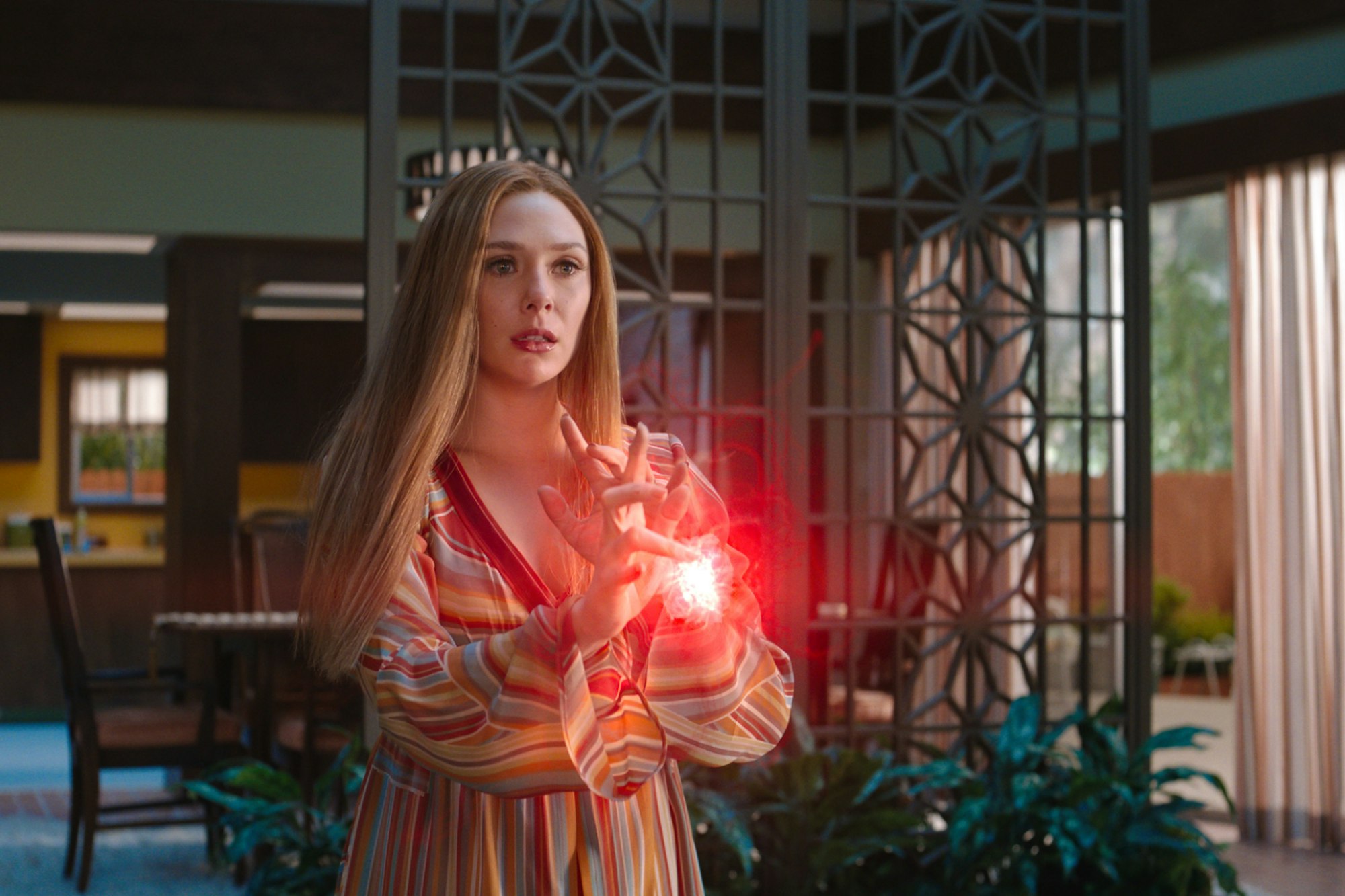
What conversations do you have about how prevalent your music is in the mix when it comes to the TV side of things?
When I get the episodes from production, I get the sound effects on a separate track separate from the dialogue and from the temp music. So I have the ability to mute or turn them down. Occasionally, the sound effects come in and they're tonal. For example, throughout the Marvel movies, when we're talking about the Infinity Stones there's a certain magical quality that they have. And there are some scenes where those stones give off a kind of a glassy tonal wash. There were a few scenes where that came up, and it was difficult to find a way to score those scenes without those high-pitched tones clashing with what I was doing. So I would mention this to Matt, and then when it came time to mix the episodes we paid special attention to that.
Sometimes the sound effects people obliged my requests to make those a little easier to work with by changing them out and putting in sound effects instead that were not tonal and didn't have a definitive pitch. It’s much easier to have music coexist with those sound effects, or just make a decision to feature the music more in a scene. With the latter, those sound effects just get turned down so that you can't really hear them as prominently and music takes over the storytelling at that moment. There are other moments where the music takes a backseat to sound effects, and that is an occupational hazard of being a film composer. That is something we all learn to accept and deal with. We're part of a team that's telling the story. But as WandaVision progresses the moments get bigger, the music gets turned up a little bit louder, and the sound effects take a little bit more of a backseat
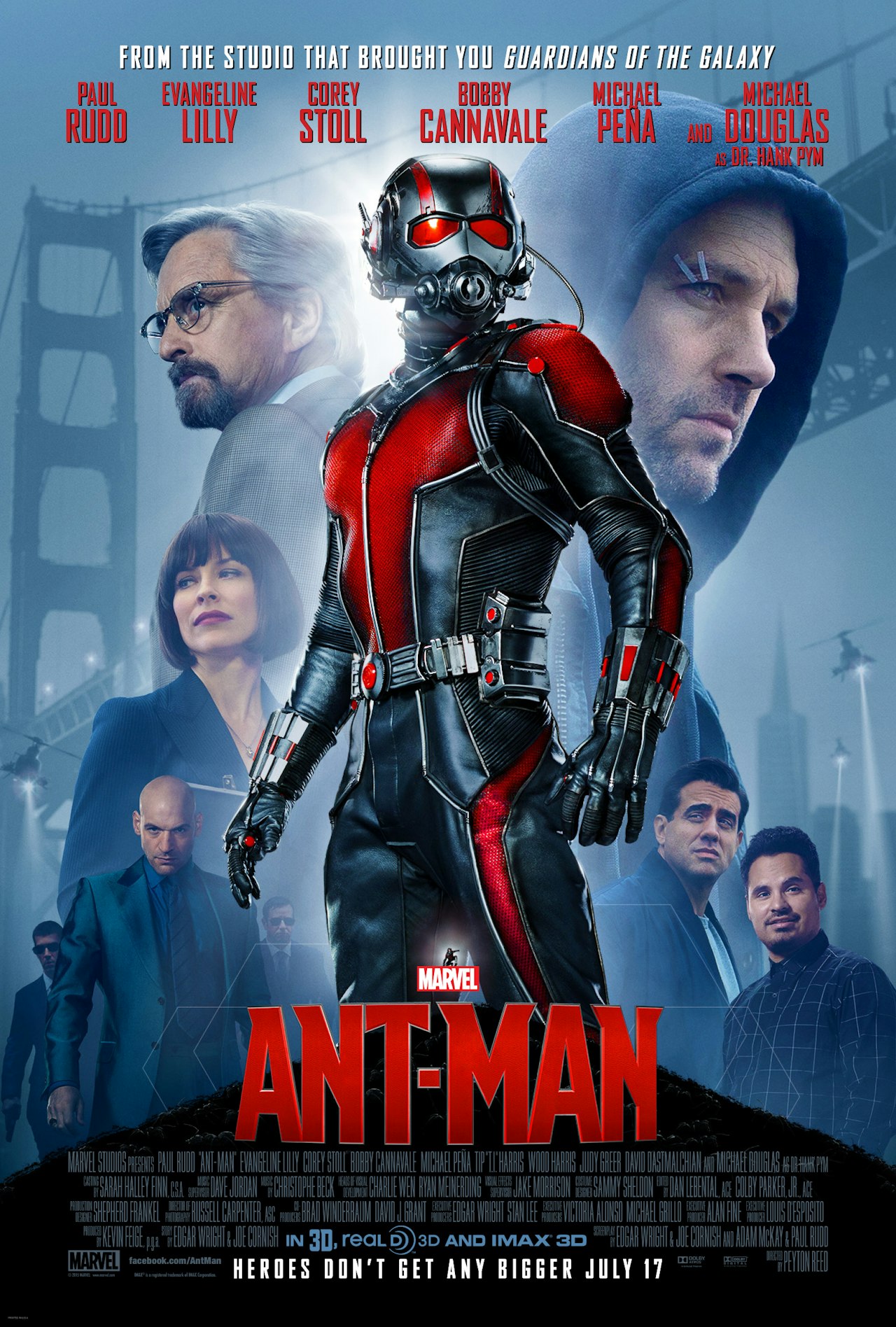
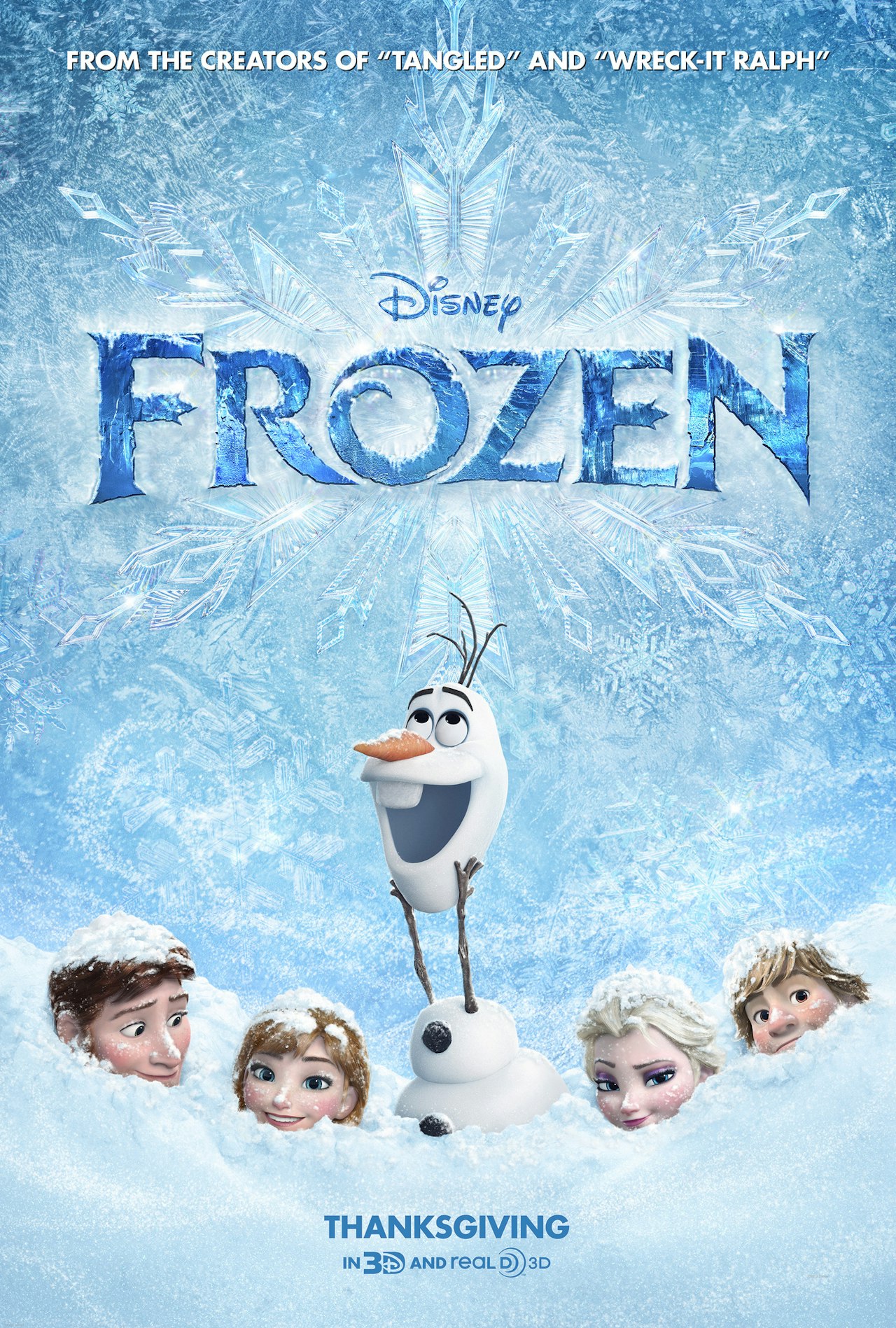
I think Marvel has gotten better at getting that balance right over the years. It’s one of the reasons why Alan Silvestri’s Avengers theme has become so iconic.
Yes, I think they are. Silvestri is a perfect example of someone who comes from that thematic approach. He's a little bit old school and thematic writing is one of his strong suits. He has written some timeless themes. Because he thinks in that way maybe a little bit more than some of the rest of us, in a movie like Avengers: Endgame he didn't have a problem coming in and quoting themes from other movies by other composers. In the first Ant-Man, there’s a scene where Scott Lang fights the Falcon. I played around with both of their themes at the same time. I have fun with that. I think more composers are becoming more open to that, and more filmmakers – from Kevin Feige all the way down – are paying more attention to that and asking their composers to pay attention to that a little bit more. I know I certainly did that in a couple of key spots. In WandaVision, there are definitely some musical Easter eggs sprinkled throughout that refer to other themes by other composers from other movies, including one that I will just say is you cannot miss. I won't say what it is or where it happens or what the scene is. But it's a big one.
It’s really one of the amazing things about working as a composer in the Marvel Family. A cinematic universe has never really been created like this before. I've worked with Feige enough now to see just how much attention he pays to those details. There's so much interconnectivity between them, and it really rewards the fans in a very meaningful way. It's just so much fun to be a part of that. So, of course, I'm really enthusiastic to reinforce this whole overarching arching franchise idea, musically, whenever I can.
Has anyone at Marvel spoken to you about Ant-Man 3 yet?
I really hope to be back. I have a great relationship with Peyton Reed, the director of the first two and the third movie. I have every expectation that I will be scoring the third one. With the addition of a character like Kang…if I do get to do that, I'll consider that a privilege and responsibility to set the tone for that character.
